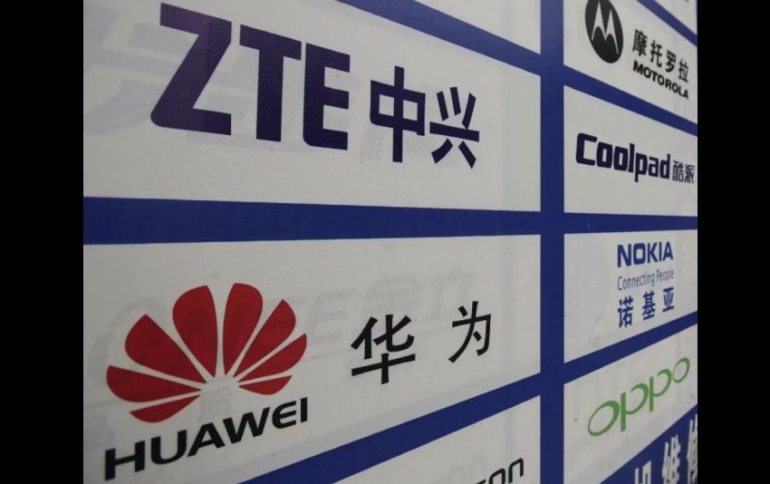
Huawei, ZTE Request to Stay Off US Blacklist
Huawei Technologies Co. and ZTE Corp. on Monday asked U.S. regulators to keep them off a list of companies deemed national security threats.
Blacklisting would bar the Chinese telecommunications equipment makers from selling gear to subsidized U.S. carriers.
The two companies have seperately told the Federal Communications Commission that it would be costly for them to replace gear made by ZTE and Huawei if ordered to do so.
The agency in November made an initial determination that ZTE and Huawei pose a national security risk.
The FCC is now considering whether to require wireless broadband providers to remove and replace equipment from companies considered a security risk, and how to establish a reimbursement fund for such a policy.
Huawei in a Monday filing said the FCC’s action was “designed to implement a campaign by certain government officials, including members of Congress, to single out Huawei for burdensome and stigmatizing restrictions, put it out of business in the United States, and impugn its reputation.”
ZTE, in its Monday FCC filing, denied it was a threat and said it complies with U.S. export controls and is working to provide secure products. FCC had set Monday as the deadline for comments on its proposal.
Last week, Britain and the European Union decided that Huawei could play a role in their 5G networks.
The FCC in November estimated it would cost the average wireless company $40 million to $45 million to replace its Huawei and ZTE equipment. That month, the agency barred the use of federal subsidies for equipment from such companies.





















